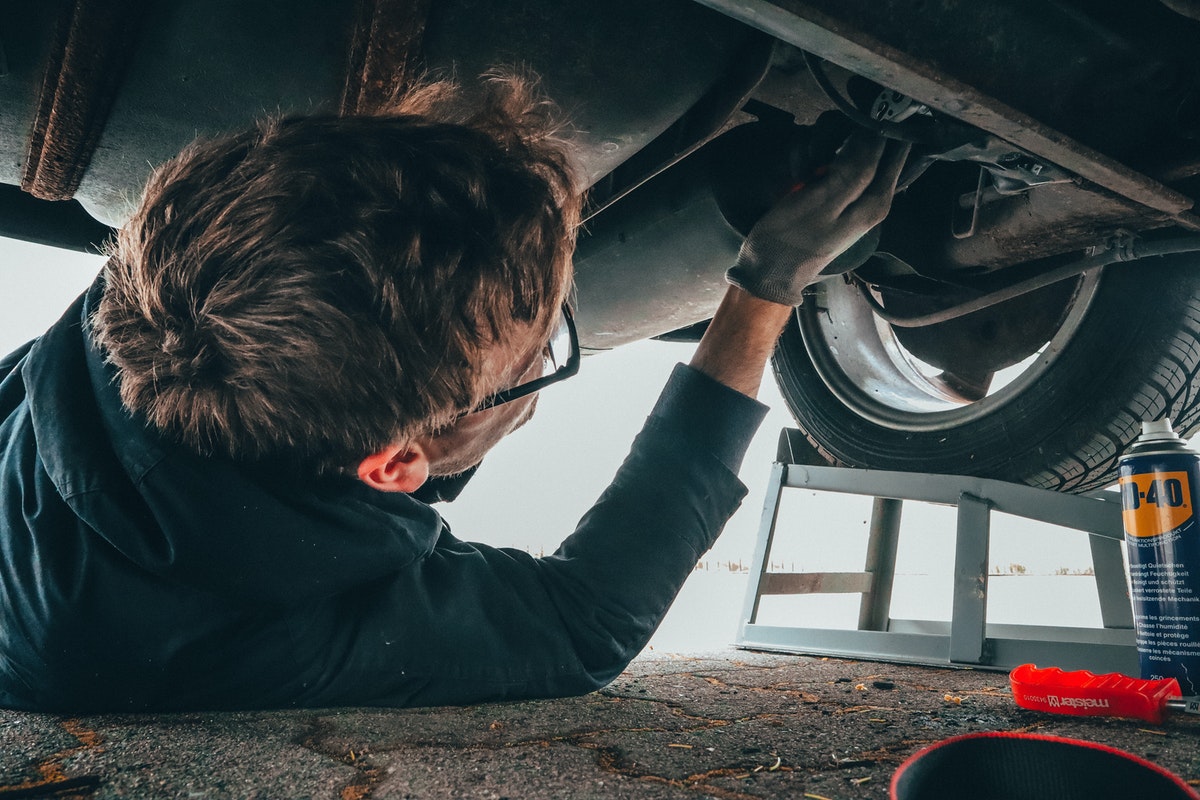- Change your oil every three months or every 3,000 miles, whichever comes first.
- Check for any damage to the sidewalls or tread of your tires and rotate them every 6,000 to 8,000 miles.
- Replace worn-out brake pads every 50,000 miles to ensure your safety on the road.
- Keep your car battery healthy by charging it regularly, avoiding extreme temperatures, and cleaning the connection terminals.
- Regular maintenance checks are essential to keep your car running smoothly and prevent damage from worsening over time.
Poor car maintenance is one of the leading causes of breakdowns and accidents. In fact, in 2020, the National Highway Traffic Safety Administration (NHTSA) reported that nearly 30% of all vehicle-related fatalities were due to inadequate maintenance. You should complete regular maintenance tasks on your car to keep yourself and your passengers safe.
Proper car maintenance will not only keep your vehicle running smoothly, but it also ensures your safety when driving. This article will provide valuable car care tips to help keep your vehicle safe.
Regular oil changes
Oil is the lifeblood of your vehicle, and regular oil changes are essential to maintain a healthy engine. Oil helps lubricate engine parts, preventing wear and tear and reducing heat buildup in the machine. You should change your oil every three months or every 3,000 miles, whichever comes first. Moreover, make sure to use the correct oil for your car. Check your owner’s manual or contact an authorized service center for proper guidance.
Check your tires

Your tires are vital in ensuring your safety on the road, so checking them regularly is essential. Ensure they’re adequately inflated – underinflated tires can cause poor handling, decreased fuel efficiency, and even a blowout.
Check for any sidewalls or tread damage, and rotate your tires every 6,000 to 8,000 miles to ensure even wear. If your tires are starting to show signs of wear, you should consider getting tire repair services to ensure your safety on the road. A tire can still be repaired if the damage is not too severe, and a tire expert can help you determine if yours can be saved.
Replace worn-out brake pads
Brake pads play a critical role in stopping your vehicle, so replacing them when worn out is crucial. Worn-out brake pads can cause longer stopping distances, poor braking performance, and even brake failure. You should replace your brake pads every 50,000 miles or when you hear unusual sounds when applying brakes.
Keep your battery healthy
Your car battery is essential to starting your car and keeping it running. It is responsible for powering the electrical components in your vehicle, from the headlights to the air conditioning system. However, car batteries can be costly to replace, so keeping them healthy for as long as possible is important.
Keep your battery charged
When your car is running, the alternator charges the battery. However, if you frequently make short trips or leave your car parked for an extended period, your battery may not have enough time to recharge fully. It’s recommended to take your car for a long drive occasionally to ensure the battery is charging to its maximum capacity.
Avoid extreme temperatures
High temperatures can cause your battery to overheat, while low temperatures can slow down chemical reactions required for the battery to work correctly. It’s best to park your vehicle in a garage or shaded area during hot summer days or invest in a battery blanket to help regulate temperature during colder winter months.
Check battery connections

The battery connections can become corroded, leading to decreased performance and even battery failure. Inspect the battery terminals regularly to ensure they are clean, tight, and corrosion-free. If you see severe corrosion, consider taking your car to a professional mechanic to check the battery and connections thoroughly.
Don’t overuse your car’s electrical components
Your car’s electrical system puts a strain on the battery. While it’s necessary to use your lights, radio, and other electronic components, turning them off when you’re not using them is essential. The less strain you put on your battery, the longer it will last.
Regular maintenance
It’s crucial to have your battery checked during regular car maintenance appointments. A mechanic can tell you how healthy the battery is and check for any issues with connections or battery life. This regular maintenance procedure can help keep your battery in good condition and prevent damage from worsening.
Final thoughts
By following these car care tips, you’ll not only keep your vehicle in top condition but also ensure your safety when driving. Regular oil changes, tire checks, battery maintenance, brake pad replacements, and regular maintenance checks are all essential to keep your car running smoothly. Make sure to address any issues as soon as possible to avoid bigger problems in the future.

